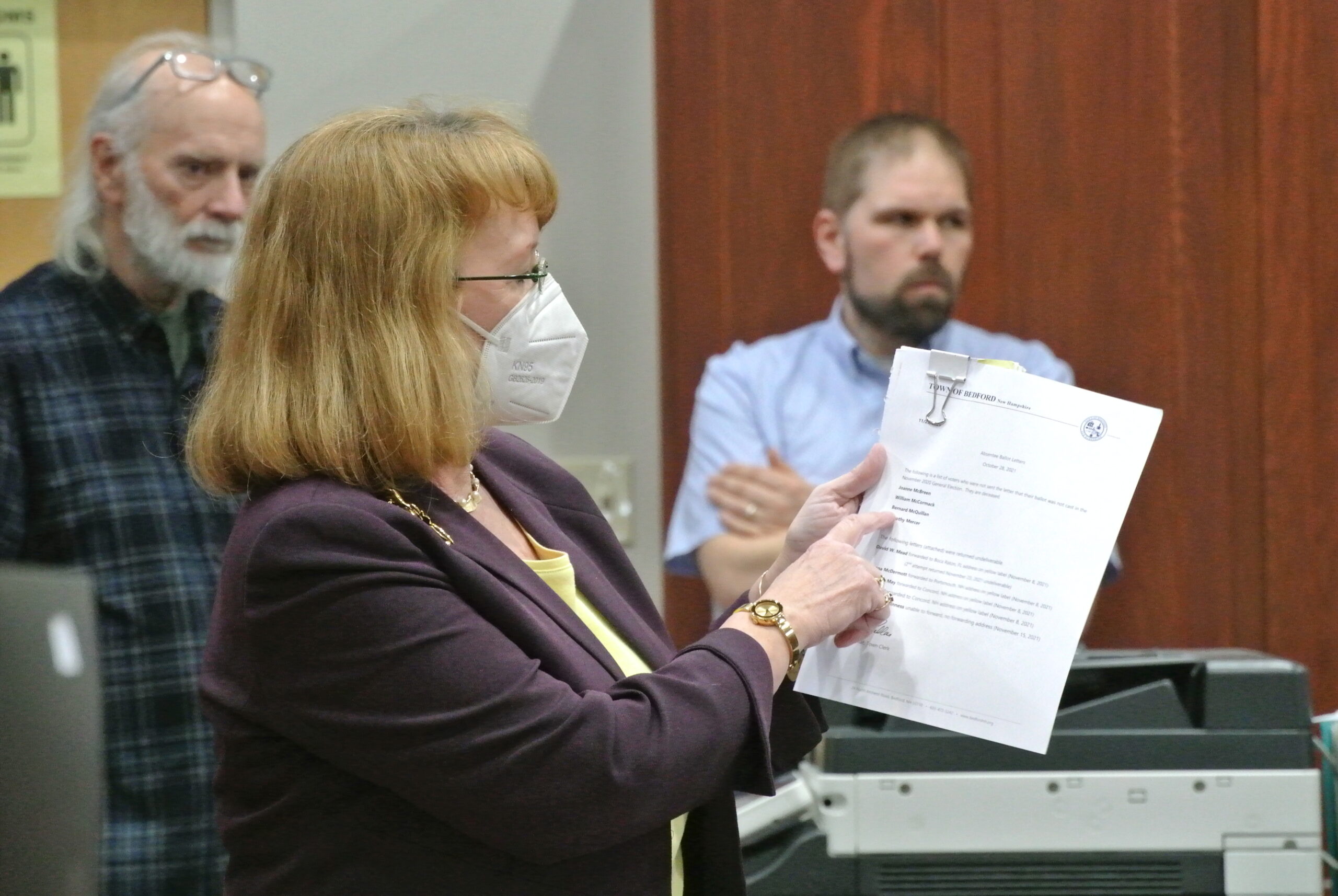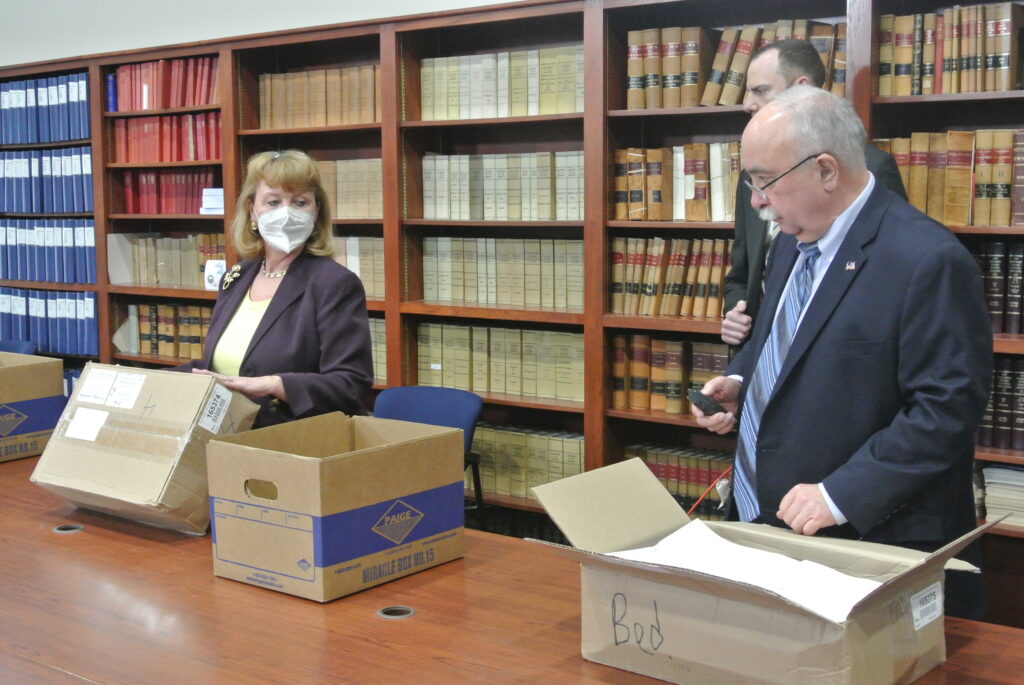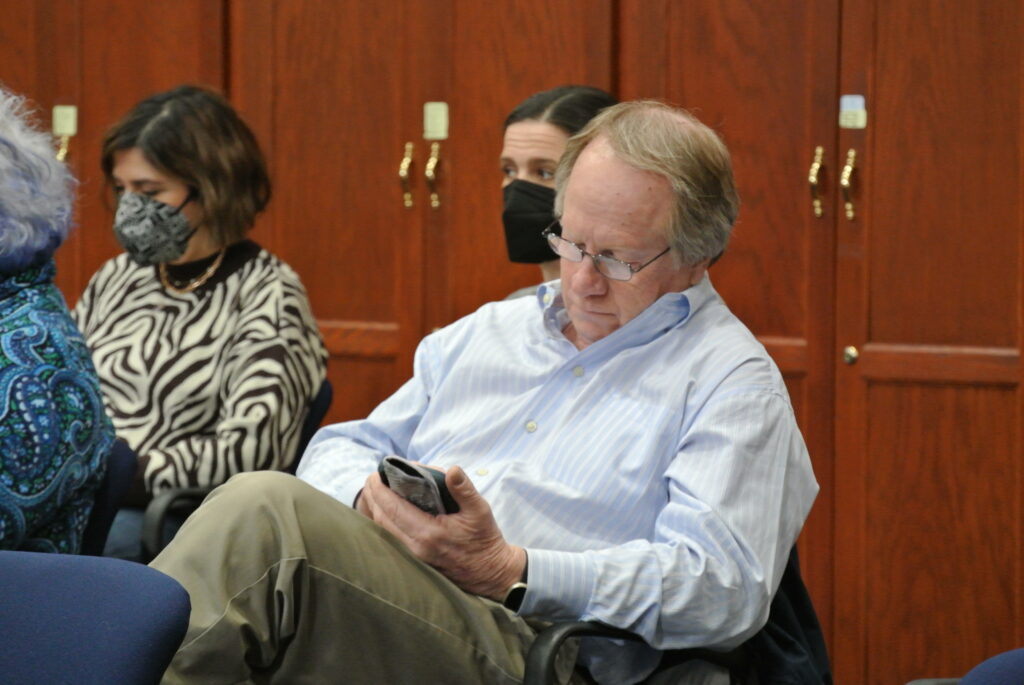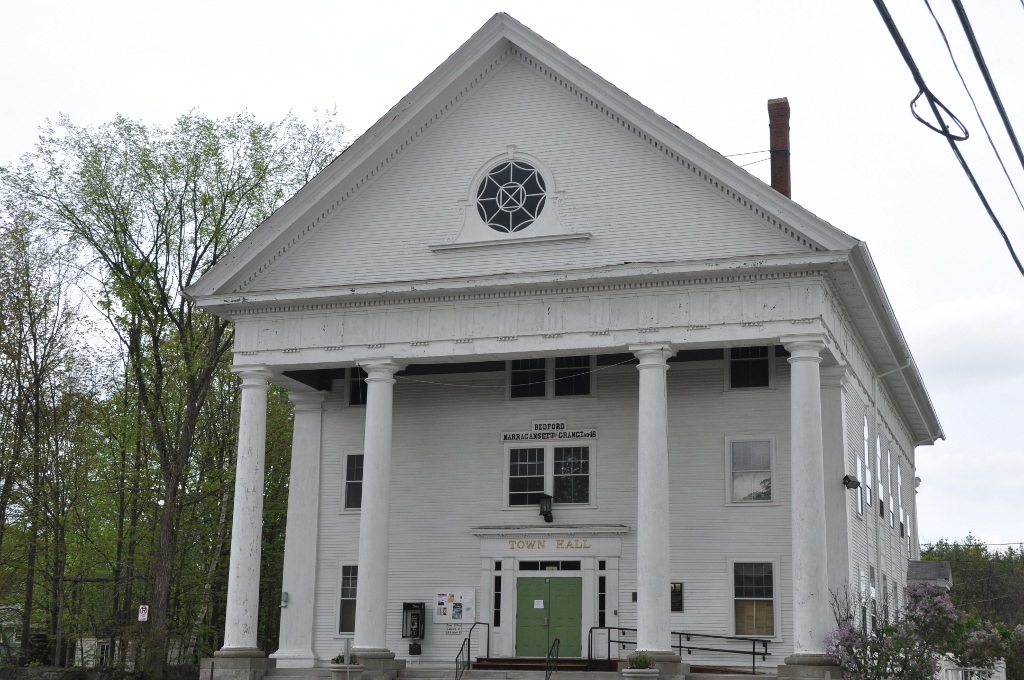$38 Million YDC Verdict Could Cost Taxpayers Far More
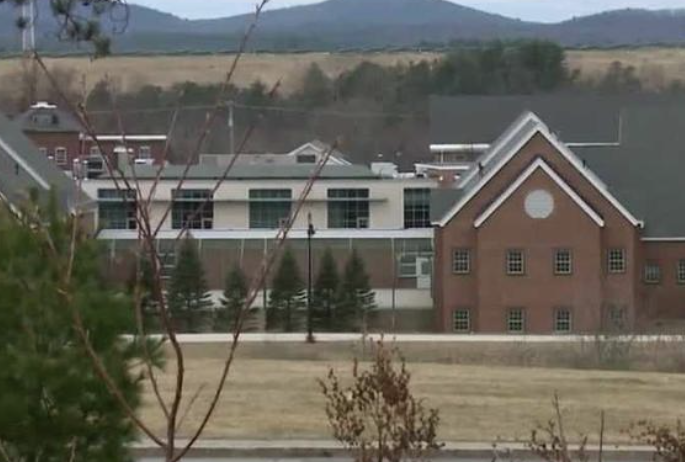
Taxpayers could be on the hook for more than the $38 million verdict to David Meehan in the Sununu Youth Detention Center abuse lawsuit after lawyers with the Department of Health and Human Services tried to force a cap on the award.
The historic jury decision is being disputed by the state, which claims New Hampshire law imposes a cap on monetary damages and limits the amount Meehan can receive to $475,000. But as both sides hash out the dispute, looming is the real possibility that taxpayers will have to pay more — much more — regardless who wins the current dispute.
New Hampshire is a self-insured state, meaning there is no liability coverage policy for Meehan, or the 1,300 other adult survivors who claim they were horrifically abused as children while in state custody. Meehan was the first of the YDC claimants to get to court.
On Wednesday, Rockingham Superior Court Judge Andrew Schulman rejected the state’s argument that New Hampshire only needed to pay $475,000 to Meehan for a “single incident” of abuse after a jury ruled in his favor last month.
“In the court’s view, this would be an obvious miscarriage of justice because the finding of a ‘single incident’ was conclusively against the weight of the evidence,” Schulman wrote.
Meehan’s attorneys claim there were more than 300 incidents of rapes, beatings, emotional abuse, and illegal solitary confinement proven at the trial.
After listening to weeks of testimony about the hundreds rapes and other abuses Meehan suffered as a child in the 1990s, jurors returned a verdict finding the state liable for facilitating Meehan’s abuse and working to cover it up for decades. However, the verdict form was marked to indicate there was one incident where the state engaged in “wanton, malicious, and oppressive conduct” by abusing its power in permitting the sexual assaults.
Lawyers for DHHS argue that form means the $475,000 cap needs to be applied, overriding the $38 million verdict. However, after reading New Hampshire Attorney General John Formella’s statement about the cap, the jury foreman reached out to Meehan’s lawyers to express dismay, saying he felt “duped” by the state.
“I was literally sickened and brought to tears in fear of the mistake we made. I still am,” the foreman wrote in an unsolicited email. “Please know, and PLEASE let Mr. Meehan know that, had we had knowledge that that was the way it was going to work, we would NOT have written it that way.”
Schulman blamed his jury instructions, which did not specify jurors needed to count up all the individual instances of abuse, for the confusion. Schulman wrote he was trying to avoid influencing the jury by explaining the cap.
Schulman wrote that the jury’s $38 million award cannot be explained if it truly found only one instance of abuse had been proved.
“An overly clever logician might say that the jury could have found that plaintiff proved one instance of abuse, disbelieved his testimony regarding all of the other instances, and awarded $38,000,000 for the single instance,” Schulman wrote. “But this would be sophistry rather than true logic. No reasonable jury would award $38 million for a single instance of abuse. No reasonable jury would have believed plaintiff’s testimony as it related to a single hour and disbelieved his testimony as related to all of the other hours, days, weeks, and months.”
David Vicinanzo, one of Meehan’s lawyers, pushed for an emergency hearing in court to let the jurors clarify their verdict. Short of that, he argued the $475,000 cap ought to be applied to each incident proved at trial, which he pegs at at least 300 rapes alone.
Schulman’s order Tuesday recommends a process by which he will determine the number of incidents to which the cap could be applied. In more bad news for the state, Schulman writes that in reviewing the trial record he found there were between 103 and 155 incidents proved at trial. That would put the total award at between $47 million and $73 million.
The state legislature passed a bill creating a $100 million settlement fund for all of the victims. But Vicinanzo and Russ Rilee, the other lead attorney for the plaintiffs, said that fund unjustly limited the damages the survivors could seek.
The fund is administered by former state Supreme Court Chief Justice John Broderick, who told NHPR last month that 418 survivors entered into settlement agreements, and most took less than $500,000. A few have received more, between $1 million and $5 million. But with at least 1,200 more civil trials pending, the $100 million settlement fund, which has already spent $66 million, will run dry.
The state has been criticized by survivors for the conflict of interest demonstrated by the fact it is defending itself in the civil trials while it is also supposed to prosecuting the alleged abusers. Out of the hundreds of alleged abusers named in the lawsuits, the state has managed to indict just 11 men, with the last of the indictments coming in 2021.

